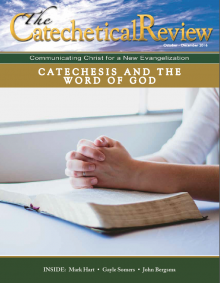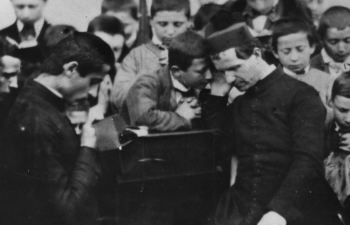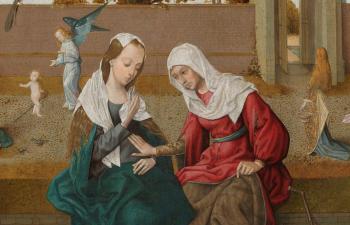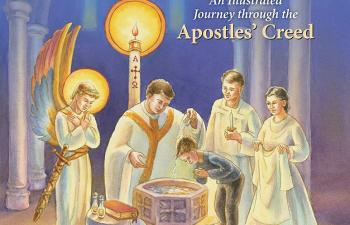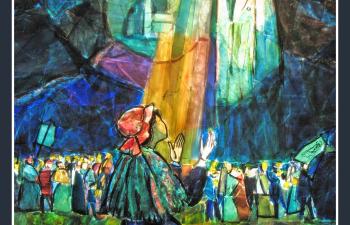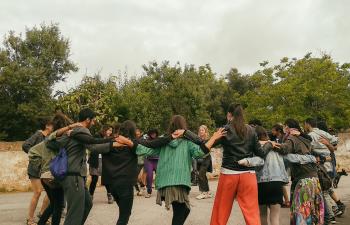In an essay on literature, C.S. Lewis praised the genre of fantasy or myth, which he, J.R.R. Tolkien, and others had embraced. Lewis writes: The value of the myth is that it takes all the things we know and restores to them the rich significance which has been hidden by ‘the veil of familiarity.’ The child enjoys his cold meat, otherwise dull to him, by pretending it is buffalo, just killed with his own bow and arrow. And the child is wise. The real meat comes back to him more savory for having been dipped in a story….by putting bread, gold, horse, apple, or the very roads into a myth, we do not retreat from reality: we rediscover it.[i] The fact that we have seen an apple many times before does not have to render it ordinary; in other words, by “dipping that apple” in a story that makes us see it differently, not only can we actually appreciate it more but we may, in fact, see it properly for the first time. Lewis, of course, “dipped the apple” of Christianity in many of his books, leading readers to reconsider key aspects of Christianity due to the unique way in which he presented them. That metaphor is also a fitting one to describe the repeated, and often surprising, manner in which we encounter the living Word in our lives after our initial conversion—and the manner in which catechesis should seek to frame its presentation of that Word.
The rest of this online article is available for current Guild members.
This article is from The Catechetical Review (Online Edition ISSN 2379-6324) and may be copied for catechetical purposes only. It may not be reprinted in another published work without the permission of The Catechetical Review by contacting [email protected]


